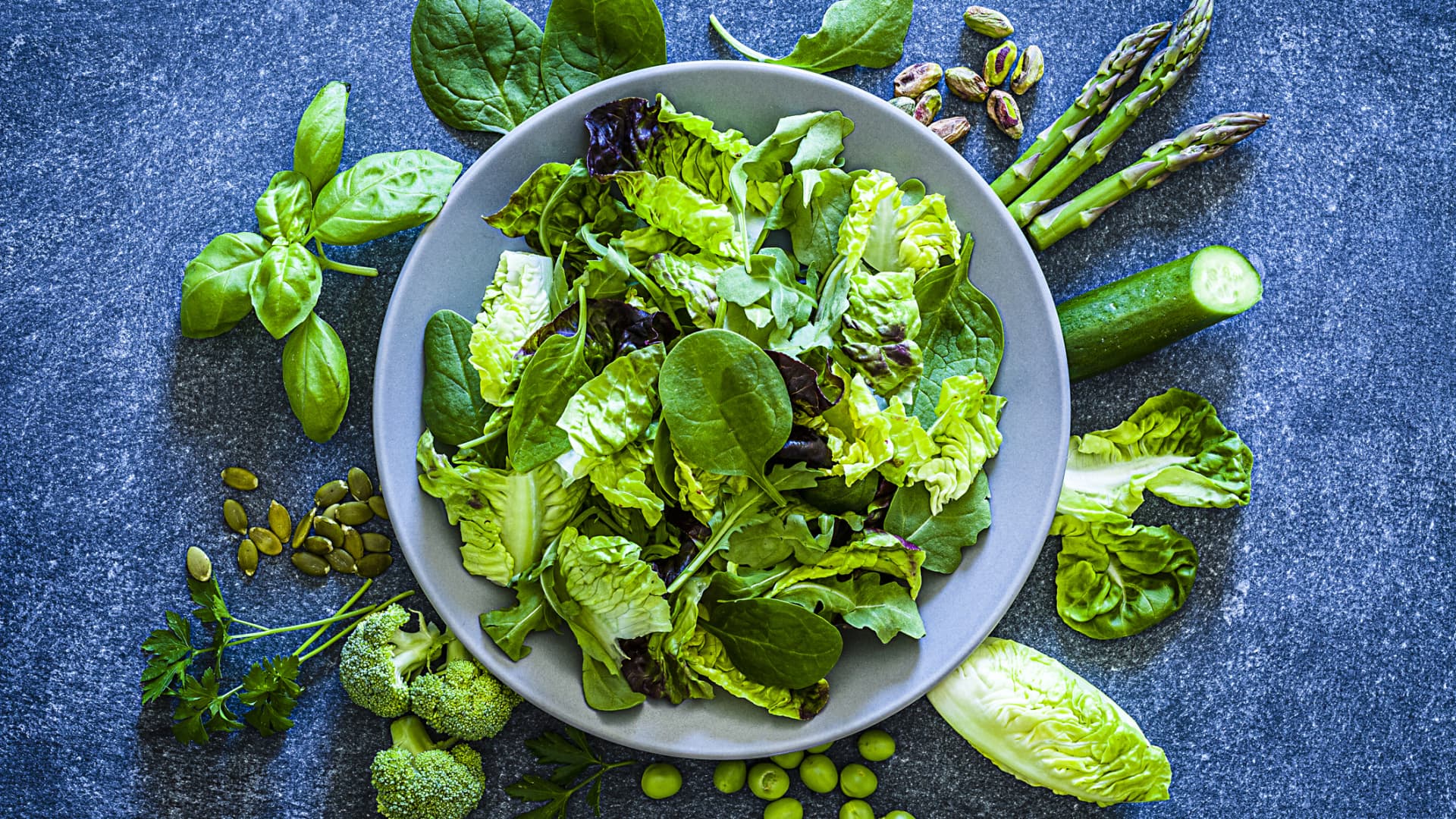For two decades, Dr. Vonda Wright served as an academic surgeon at the University of Pittsburgh. There, she researched musculoskeletal aging and longevity in hopes of “dispelling the common notion that aging was an inevitable decline,” she says.
The bulk of her research, alongside her team, involved studying members of aging populations who kept active, including people who competed in the National Senior Games, a biannual event for athletes ages 50 and older.
Wright, 58, set a goal that she’s followed for over 20 years: “The mantra that I laid down in the early 2000s when I [wondered], ‘What is going to be the guiding light of my career?’ is ‘I’m going to change the way we age in this country.'”
Now, she is a practicing clinician and founder of Precision Longevity, a lifestyle program dedicated to helping people live longer. She recently released a book titled, “Unbreakable,” which offers healthy aging tips for women.
A huge component of the advice she gives her clients for longevity is related to diet. Here’s what Wright eats, and suggests to others, for a long and healthy life.
A doctor’s daily diet to stay healthy, live longer
“Every single day, I focus on clean, whole-food nutrition with one gram of protein per pound,” Wright says.
“I focus on getting 130 grams of protein a day so that I can build the muscle that I need.”
Here are the main foods she prioritizes in her daily diet:
- Green leafy vegetables like spinach and kale
- Dairy
- Eggs
- Animal meat
“I eat a lot of kale, even at breakfast. I have a salad for breakfast,” she says.
Wright avoids simple carbs such as white bread which can cause spikes in blood sugar levels.
“On a day-to-day basis, I don’t eat sugar. And here’s why, I can physically feel the difference in my body. I can feel inflamed,” she says.
“I can feel the dullness in my brain when I’m eating sugar. So I focus on anti-inflammatory nutrition, which is good for my body and my brain.”
The only exception she makes for simple carbs is sourdough bread because of its other health benefits.
“I make sourdough every two weeks and then we freeze the loaves, which decreases their glycemic index. It’s wholesome and made out of fermented bacteria,” Wright says.
“Those are the really simple ways that from a nutritional standpoint, I stay healthy.”
Want to stand out, grow your network, and get more job opportunities? Sign up for Smarter by CNBC Make It’s new online course, How to Build a Standout Personal Brand: Online, In Person, and At Work. Learn how to showcase your skills, build a stellar reputation, and create a digital presence that AI can’t replicate.
Plus, sign up for CNBC Make It’s newsletter to get tips and tricks for success at work, with money and in life, and request to join our exclusive community on LinkedIn to connect with experts and peers.






